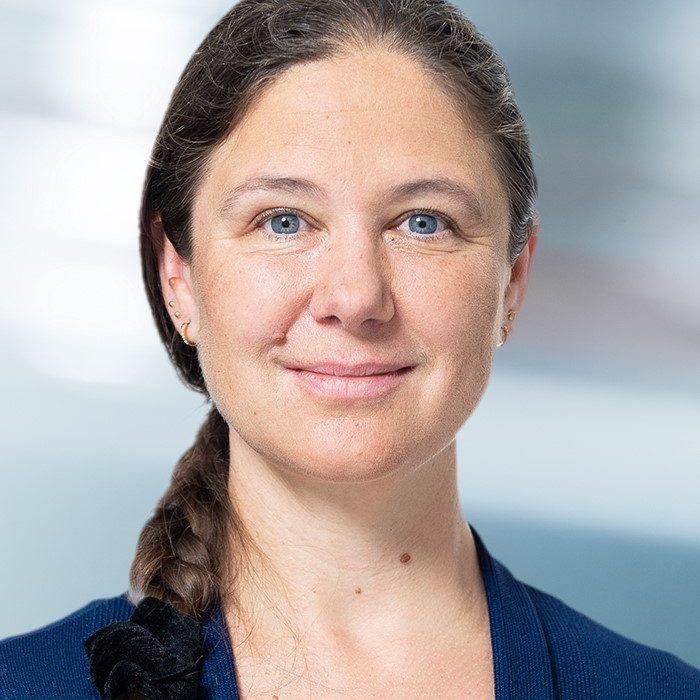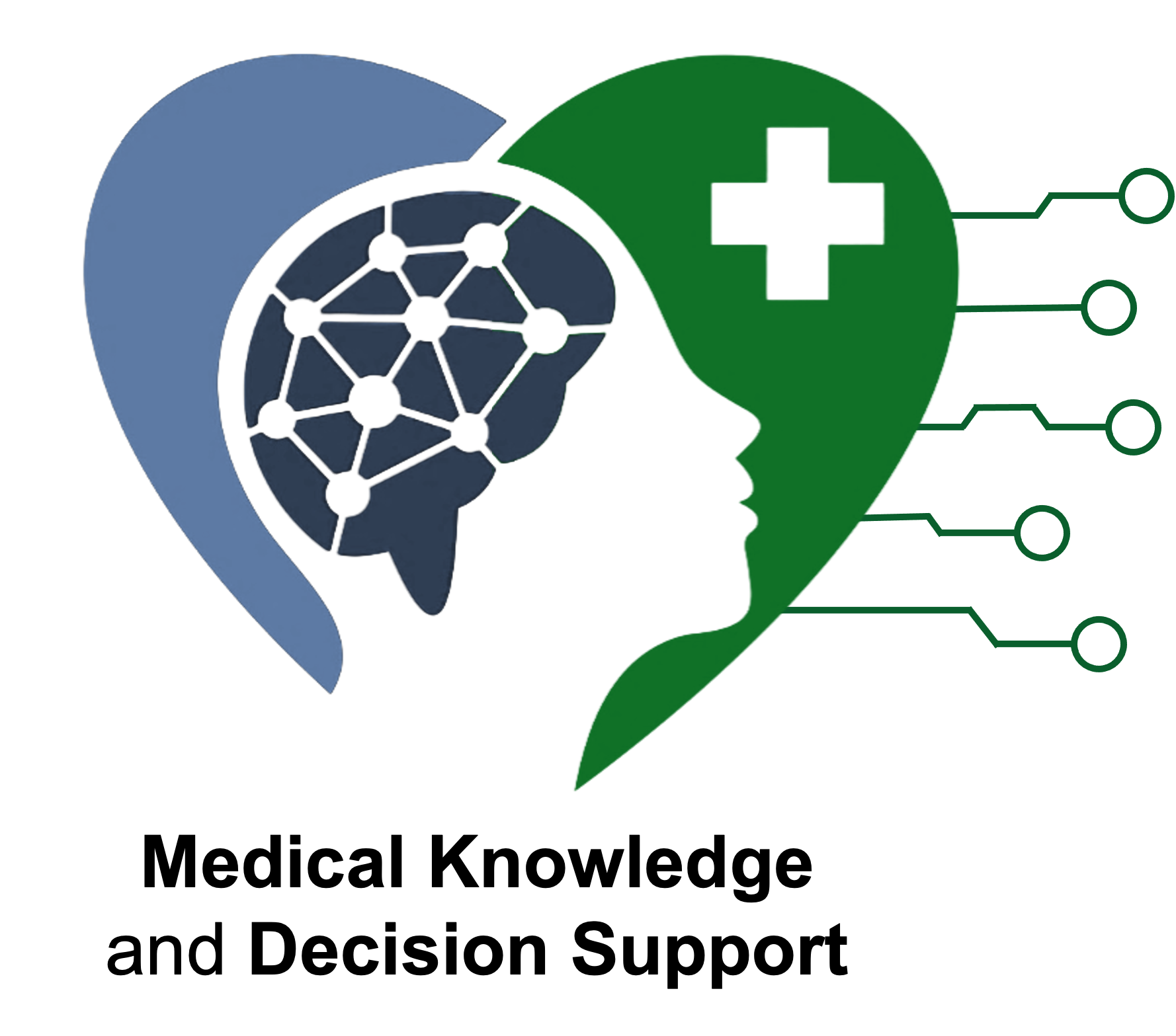← Back to the team page
Janna Hastings, Assistant Professor

Janna was born in Cape Town, South Africa where she completed her undergraduate studies in Mathematics and Computer Science. Thereafter, she moved to Cambridge, UK to join the Cheminformatics and Metabolism group at the European Bioinformatics Institute (2006-2015) where she led the development of the ChEBI molecular ontology and metabolism knowledgebase. She completed part-time Master’s degrees in Computer Science (University of South Africa, 2011) and Philosophy (Open University, 2012). She obtained her PhD in Computational Biology from the University of Cambridge (2015-2019), where she studied the role of metabolism in healthy aging using multi-omics data and a time-series modelling approach. She completed postdoctoral studies at the Otto-von-Guericke University Magdeburg (2019-2022) working at the intersection between knowledge-based systems and artificial intelligence, at the EPFL (2020-2022) in neurodegenerative disease bioinformatics, and with the Human Behaviour-Change Project at University College London (2017-2022) where she helped to create an artificial intelligence-driven knowledge system for evidence about human behavior change to support decision-making, policy and practice.
Since August 2022 she is Assistant Professor of Medical Knowledge and Decision Support at the Institute for Implementation Science in Health Care, Faculty of Medicine, University of Zurich, and Vice-Director of the School of Medicine at the University of St. Gallen. The focus of her research is on digitalization in the clinic and how new digital technologies can be harnessed to accelerate biomedical discovery and improve the working lives of clinicians.
Since August 2022 she is Assistant Professor of Medical Knowledge and Decision Support at the Institute for Implementation Science in Health Care, Faculty of Medicine, University of Zurich, and Vice-Director of the School of Medicine at the University of St. Gallen. The focus of her research is on digitalization in the clinic and how new digital technologies can be harnessed to accelerate biomedical discovery and improve the working lives of clinicians
Fun fact: I can hold a crow pose, it’s my little yoga superpower!
Contact information:
